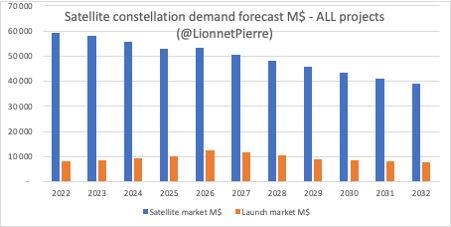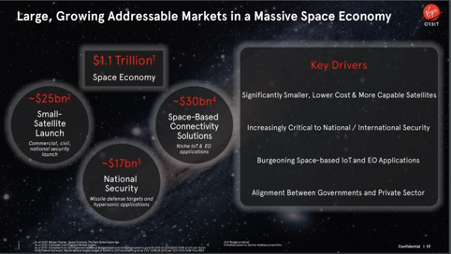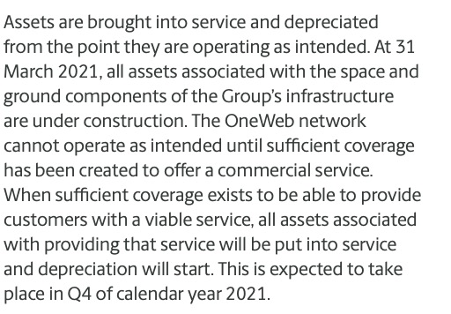
"ESA Reignites Space-based Solar Power Research" shar.es/aWEETb via @spacecom - But does ESA considers a comprehensive study to assess the global impact of the large scale launch activity required to support the deployment of large solar power facilities in orbit? 1/
I attended most of the ESA workshop on solar Power Satellites mentioned in the article, and the question of the carbon/climate/energy footprint of launch was not a headline topic and was not addressed. For a "net zero" approach this seemed very incomplete to me. 2/
For instance, a baseline (very optimistic) design for a 2GW power unit in orbit would require the deployment of >2000 tons in GEO. That's about 300 Ariane5 launches just for the deployment, probably exceeding a few million tons of CO2? 3/ fnc.co.uk/discover-fraze…
But there is the lurking idea that launch activity has a significant life cycle impact and an important CO2 footprint (as found here: interesting that this presentation does not give the actual figures of CO2 impact of Ariane5) 4/
indico.esa.int/event/181/cont…
indico.esa.int/event/181/cont…

I think that any comprehensive study of solar power satellites projects (for "net zero") shall assess the complete energy input-output equation, and consider an LCA-based environmental impact assessment, inclusive of the launch activity (that probably has the highest impact). 5/
Today Solar Power Satellites concepts usually consider launch requirements from the sole perspective of cost/price. And they are currently revived by the perspective of 'low cost' launch (because at >5k$/kg in LEO they all fall short economically). 6/
Furthermore, to achieve viability, the proposed projects assume very high energetic efficiency for space PV systems (>2kW/kg) and rely on undemonstrated high power density solutions such as thin film. Today we are very far from that: the space solar panels are at <0,2kW/kg. 7/
Not only are the solutions still technically immature, but these projects have yet to demonstrate their viability in a 3-dimensional framework: energetic, economic and environmental. Then a full life cycle analysis would be required, in the same 3-dimensional framework. 8/
I think that as a a pre-requisite for any SPS study framework, we'd need a full assessment of the energetic, carbon and environmental impact of launch activity, with a reference data set for various propellants, architectures and mission scenarios. 9/ @ESAcleanspace 

• • •
Missing some Tweet in this thread? You can try to
force a refresh

















